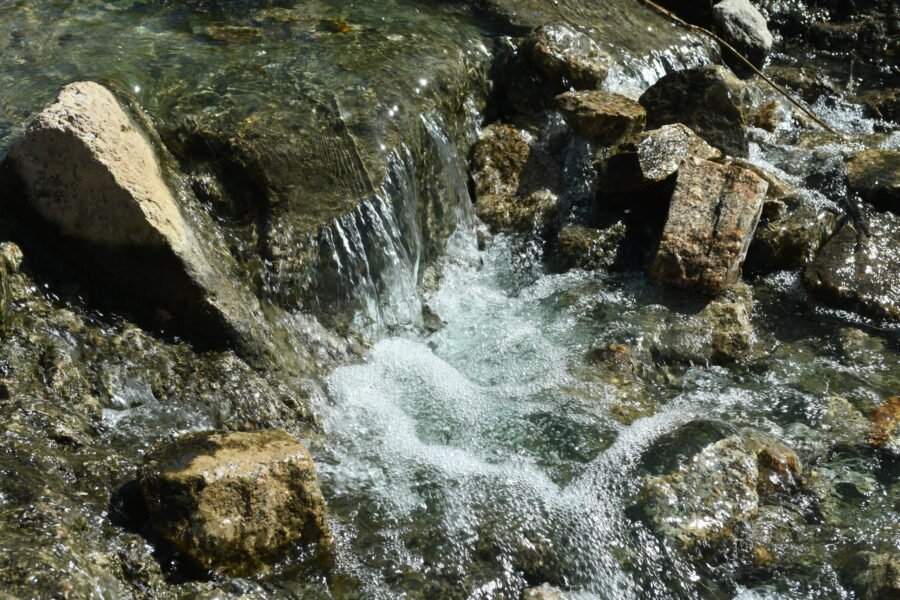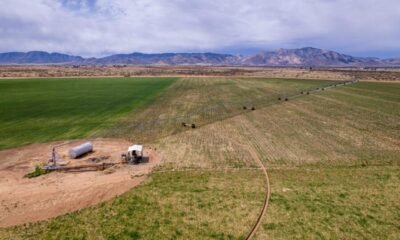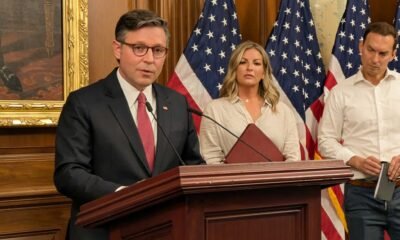Business
Groundwater Legislation Hits a Dead End; Rural Communities Left in the Lurch

Groundwater legislation appears unlikely to reach final approval before the Legislature adjourns, much to the dismay of rural residents concerned about declining water levels.
Senate Bill 1520 aimed to create Basin Management Areas with restrictions to protect groundwater in regions including Gila Bend and the Willcox Groundwater Basin.
The proposed legislation sought to dissolve the existing Willcox Active Management Area and replace it with a Basin Management Area.
However, the bill’s progression has stalled, as lawmakers shift their focus to budgetary matters in the coming weeks.
“We’re not giving up on the overall conversation,” stated Senator Tim Dunn, the bill’s sponsor. He acknowledged the slim chances of fulfilling the legislative process by the session’s end.
Dunn mentioned ongoing talks to achieve a consensus among Democrats and other stakeholders.
In contrast, the office of Governor Katie Hobbs and fellow Democrats suggest that dialogues have become increasingly divisive.
“Unfortunately, legislative Republicans are prioritizing corporate interests over the needs of everyday citizens,” remarked Christian Slater, spokesperson for the governor. “They have failed to engage in productive discussions with the Governor’s Office.”
Slater indicated that the governor is open to convening a special session aimed at meaningful reform, contingent on the willingness of Republicans to engage.
Over the years, lawmakers have collaborated with various stakeholders, including municipalities and environmental groups, to formulate groundwater regulations, but progress remains hindered by disagreements over necessary restrictions.
Additionally, twin bills introduced earlier in the session by Senator Priya Sundareshan and Representative Chris Mathis proposed groundwater preservation measures but failed to gain traction.
Key points of contention in the debate over Dunn’s bill revolve around groundwater pumping reductions and the scope of the Basin Management Areas.
Dunn expressed that a recent update from the Arizona Department of Water Resources has complicated the discussions, as the agency seeks significant reductions in groundwater overdraft by 2075.
The bill proposes a 10% reduction in pumping over ten years, while alternate proposals aim for a 40% reduction over four decades.
“The department seems focused on drastic cuts that jeopardize those with water rights,” Dunn noted, maintaining a stance of flexibility for various basins.
John Boelts, president of the Arizona Farm Bureau, highlighted the importance of balancing conservation efforts with the needs of local industries.
However, some critics argue that Dunn’s proposal does not adequately address groundwater depletion and favors larger agricultural entities.
Sundareshan expressed disappointment that her bipartisan bill failed to advance, asserting it could have provided a more effective solution.
“Our bill was a step toward compromise, but Senator Dunn’s version diverges from the discussions we had,” she said.
The failure to enact groundwater legislation this session could have severe repercussions for rural communities facing water shortages, noted Sundareshan, emphasizing the local representatives’ responsibilities to their constituents.


















